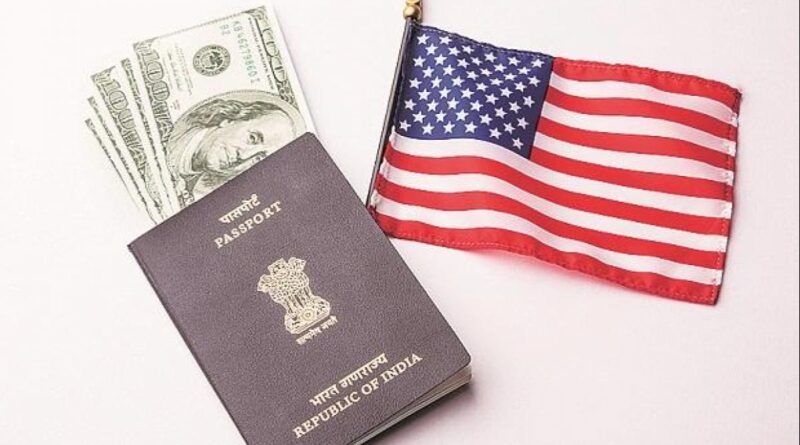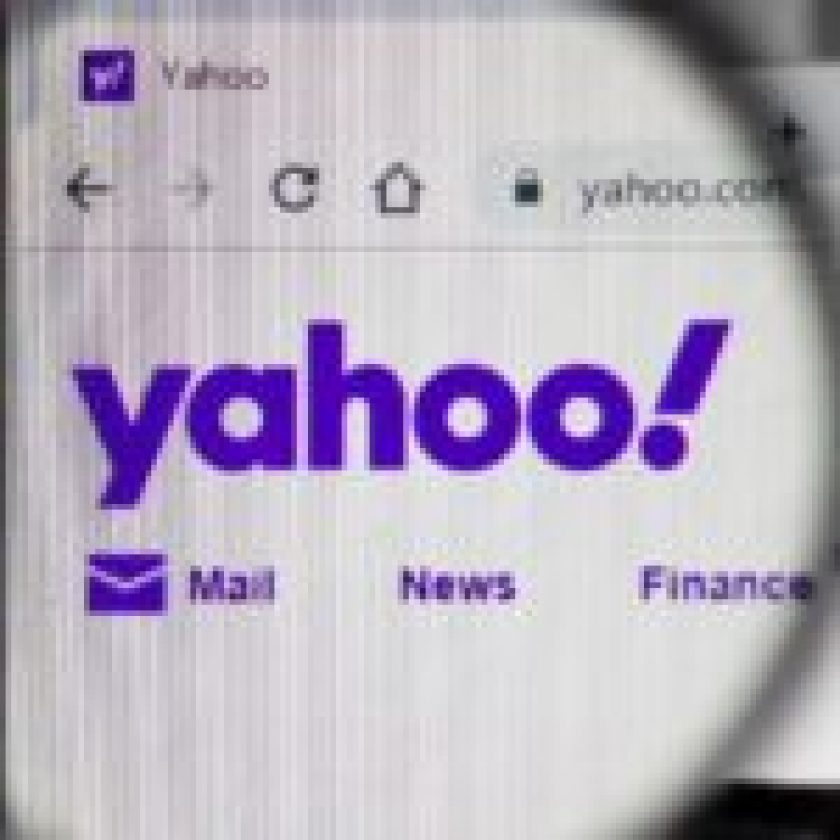Introduction
On Tuesday, the Department of Homeland Security announced a new policy restricting the concept of “specialty trade,” thus eliminating the aboard interpretation that served US-based overseas businesses well. The Trump government has announced new regulations in a massive setback to Indian firms and thousands of people pursuing H-1B visas in the US to ensure that only a small number of citizens are granted visas to work.
The US administration has formulated it essential for them to have extensive paperwork to show that they really require jobs from foreign countries to avoid American employees’ migration and strengthen the guillotine around businesses taking advantage of gaps in the new visa scheme.
Steps taken
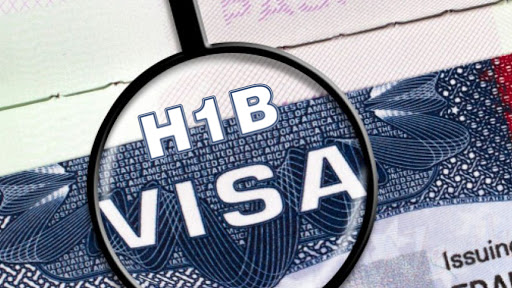
source: ddnews.gov.in
The US administration has also granted the Department of Homeland Security broad authority to improve on-site monitoring and assure that enterprises meet the revised requirements after this requests are accepted. An improvement in the average wage provision for H-1B visa employees in the US may also benefit from the new regulations.
The modifications include restricting the concept of “specialty profession,” strengthening the “ability of DHS to implement enforcement by worksite inspections,” and changing the pay strategy that authorities previously complained placed American employees at a deficit.
The new measures will also strengthen the administration’s ability to implement enforcement through workplace checks and track enforcement before, throughout, and after the issuance of an H-1B submission.
US President Donald Trump has agreed in June to restrict the nation’s H-1B visa applicants’ entrance immediately, thereby impacting some Indian firms’ operations based in the US.
It’s the effect on foreign countries
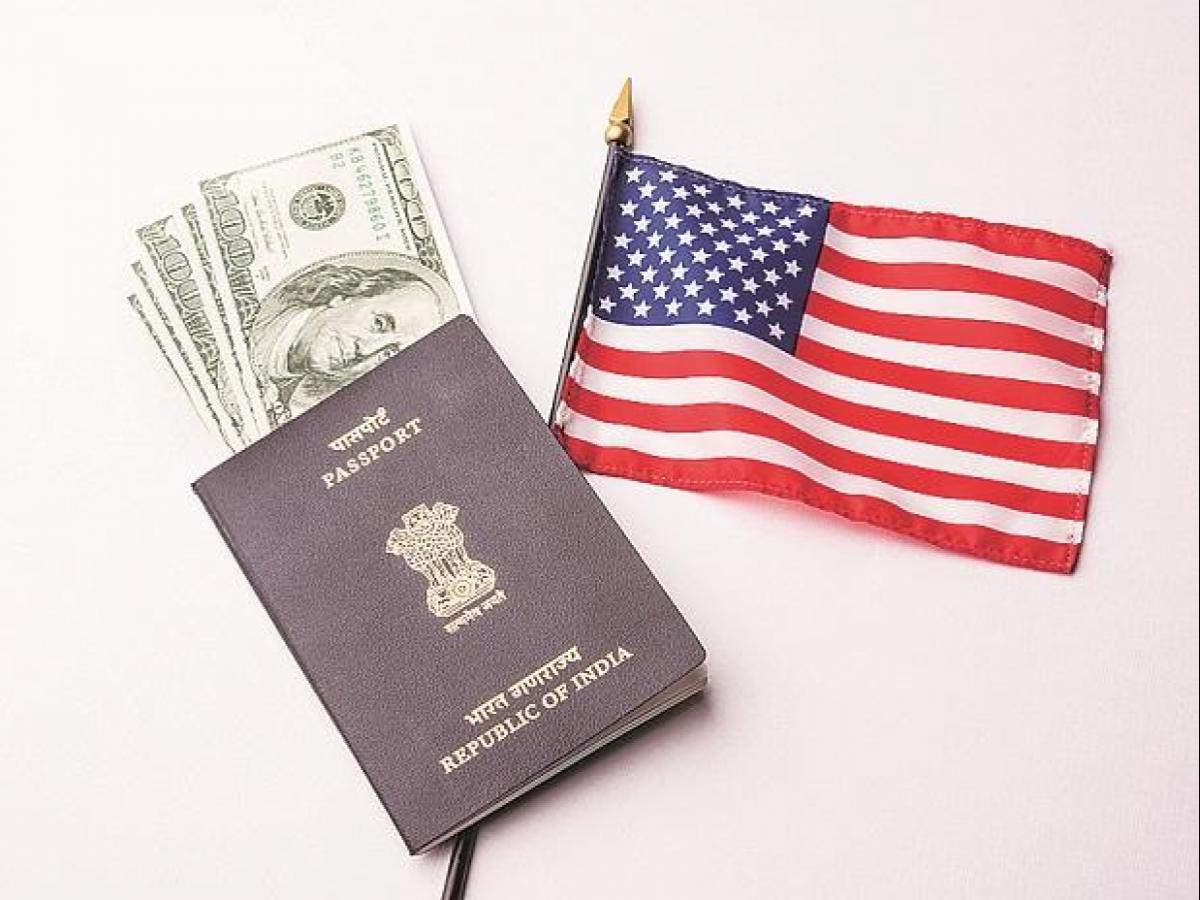
source: businessstander.com
In the midst of the disease outbreak, analysts indicate that the US economy’s high unemployment and recession-induced a moratorium on the much-coveted foreign nationals visas, including H-1B, H-2B, H-4, J, and L, before the end of 2020. That being said, u.s. The government’s fresh regulations are a significant blow to Indian IT experts seeking a united State employment market. This news will also break dozens of Indian IT practitioners’ dreams of having an American job.
The step is likely to influence Indian IT firms such as Infosys, Wipro, TCS, and HCL Technologies, as three-quarters of the 85,000 H1-B issued each year from the US administration to foreign employees are Indian citizens. The contribution of TCS and Infosys to these visas is 40-50 percent, while that of Wipro and HCL Technology is 30-35 percent. According to the Department of Homeland Security, the latest regulations are intended to ensure that firms hiring employees do not exacerbate the financial harm done by coronavirus to the US market.
Effect on U.S.A
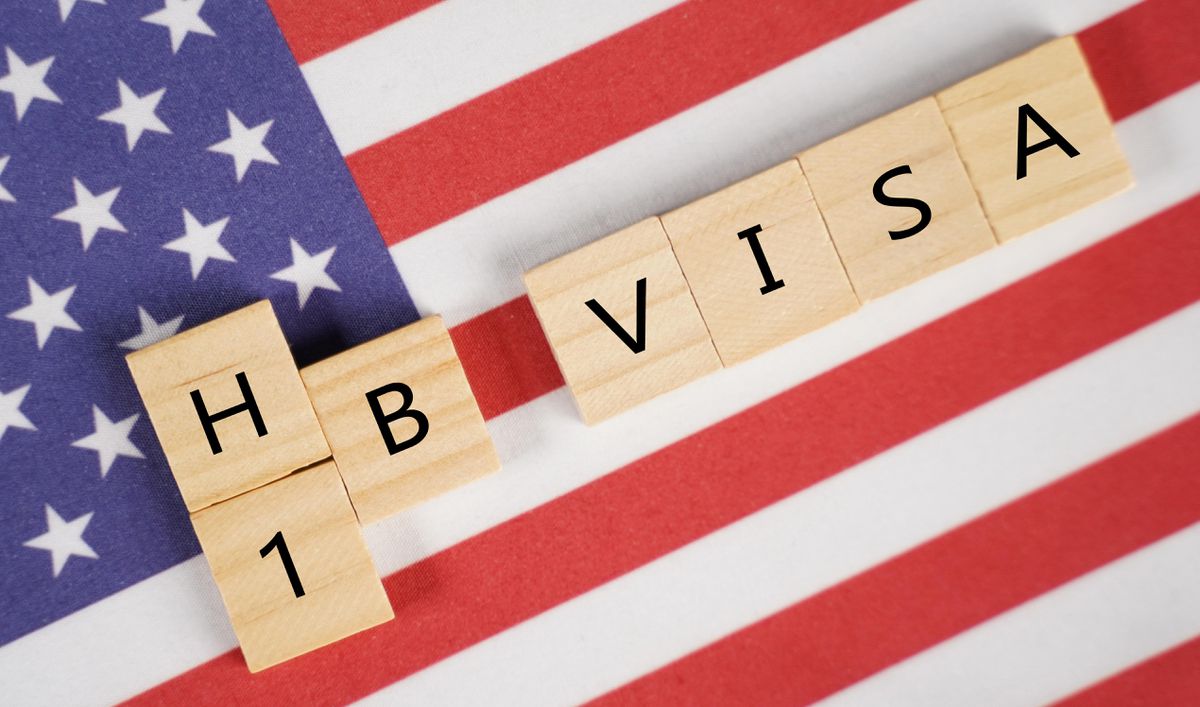
source: forbes.com
The H1B is a lawful permanent residents visa that enables U.S. businesses to recruit foreign employees who need academic or professional skills in specialist workplaces. Tech giants rely on it to recruit thousands of workers from India and China every year. The Temporary Final Regulation to be issued in the draft report will be enforced in 60 days, as per the Department of Homeland Security.
Although limiting H-1B for international skilled employees and expanding wage-based regulatory burdens seems to be a smart way of protecting American workers, the restraints can issue shudders through vertical industries and disrupt competition from a global viewpoint. It would be important to notice how certain limitations would affect relations between companies and businesses and trade and competition.

